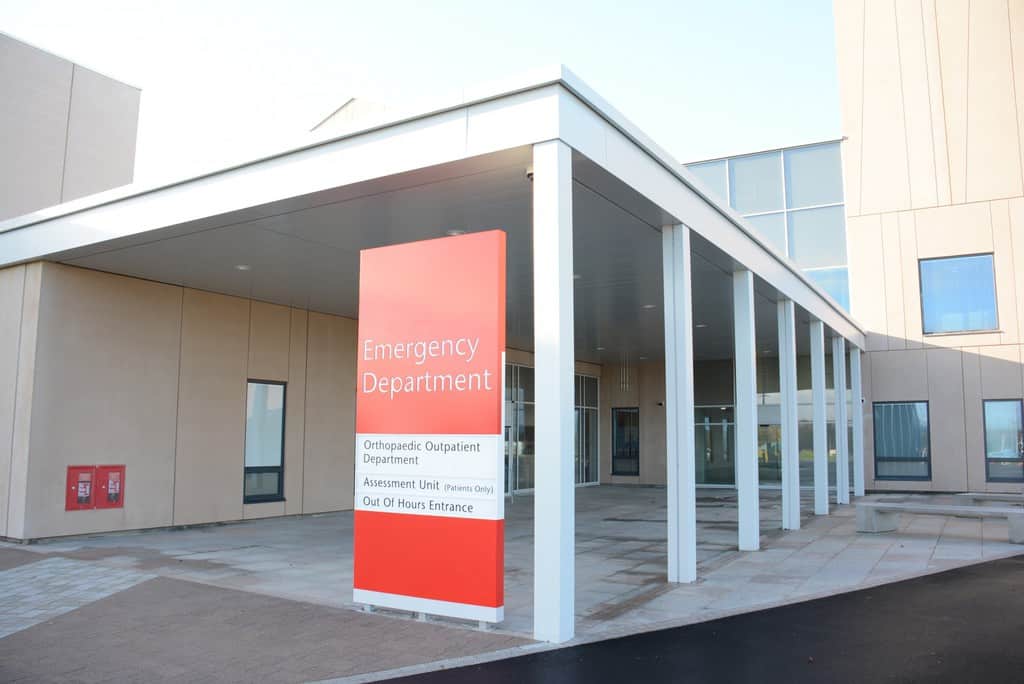In the financial year 2017/2018, the number of cases dealt with at Dumfries and Galloway Royal Infirmary’s Emergency Department stood at about 36,000, which is about one quarter of the region’s entire population.
And DGRI is just one of two Emergency Departments in the region – the other being at Galloway Community Hospital in Stranraer.
The number who went on to be admitted to DGRI – either through the Emergency Department at the former DGRI site on Bankend Road, or via the new DGRI Emergency Care Centre which includes the Combined Assessment Unit – stood at 17,000, which represents more than one tenth of the region’s population being allocated a bed in the Dumfries hospital.
Deputy General Manager and Lead Nurse Gail Meier said: “The number of admissions via DGRI’s Emergency Department has been steadily rising, year-on-year.
“And the increasing number reflects that Dumfries and Galloway has a notable and increasingly large proportion of older people – many of whom have complex, underlying medical conditions.
“Not all of these are unique patients, with many being readmitted.
However, combinations of medical conditions and general frailty often means diagnostic tests and treatment is required to first stabilise patients in our Emergency Department before they go on to receive other treatment.
“We are extremely grateful to the incredibly hard-working teams who staff the Emergency Departments at both DGRI and Galloway Community Hospital, as well as all those multi-disciplinary teams who provide care and support throughout the patient’s hospital journey.
“We recently launched our ‘Get Up, Get Dressed, Get Moving Campaign’ which highlights the importance for anyone admitted to hospital to remain as active and mobile as possible – helping to improve health and shorten the length of stay.
“The campaign highlights that one week in bed can result in 10 per cent muscle loss, and three weeks can equate to 30 years of aging, and that remaining active can help in many other ways including breathing, digestion, independence and mood.
“It would also be greatly appreciated if members of the public could consider all options for treatment before attending the Emergency Care Centre, including the use of www.nhsinform.scot, NHS24, their local GP and pharmacy.
“However, if urgent medical treatment is required, they should always attend their closest Emergency Department in the first instance.”






